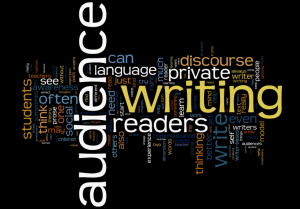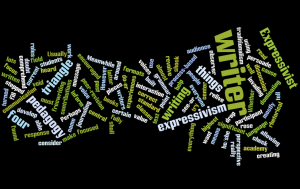Peter Elbow
So often assessment drives teaching. It dictates what teachers spend their time on, what teachers emphasize, and what students think is important. Students begin to live to see that number or letter written at the top of their paper, to compare with their classmates after class. Do we put too much emphasis on ranking? I would say yes. Ranking has the severe disadvantages of being inaccurate, not generating any real feedback or criticism and can affect the students’ and teacher’s feelings towards the class. Instead, we should consider evaluation as a flawed, but better, alternative. When evaluating, it may take a little longer to comment to a greater degree on students work. But the students can learn more from those sentences or phrases then they can from seeing a “C” printed at the top of their page.
Another thing to think about is “liking.” No, this is not a subjective thing. But those people that like what they are writing are liable to work harder to try to better it, so that others will like it to. And when teachers like student writing, they are apt to finding it easier to comment on student writing. If they are excited about the piece, they will be excited to see where it goes next. You can certainly like something without it being good writing, but if you are able to apply this, in addition to evaluation students’ work, it will help you to offer better and more understanding advice.
 Peter Elbow
Peter Elbow